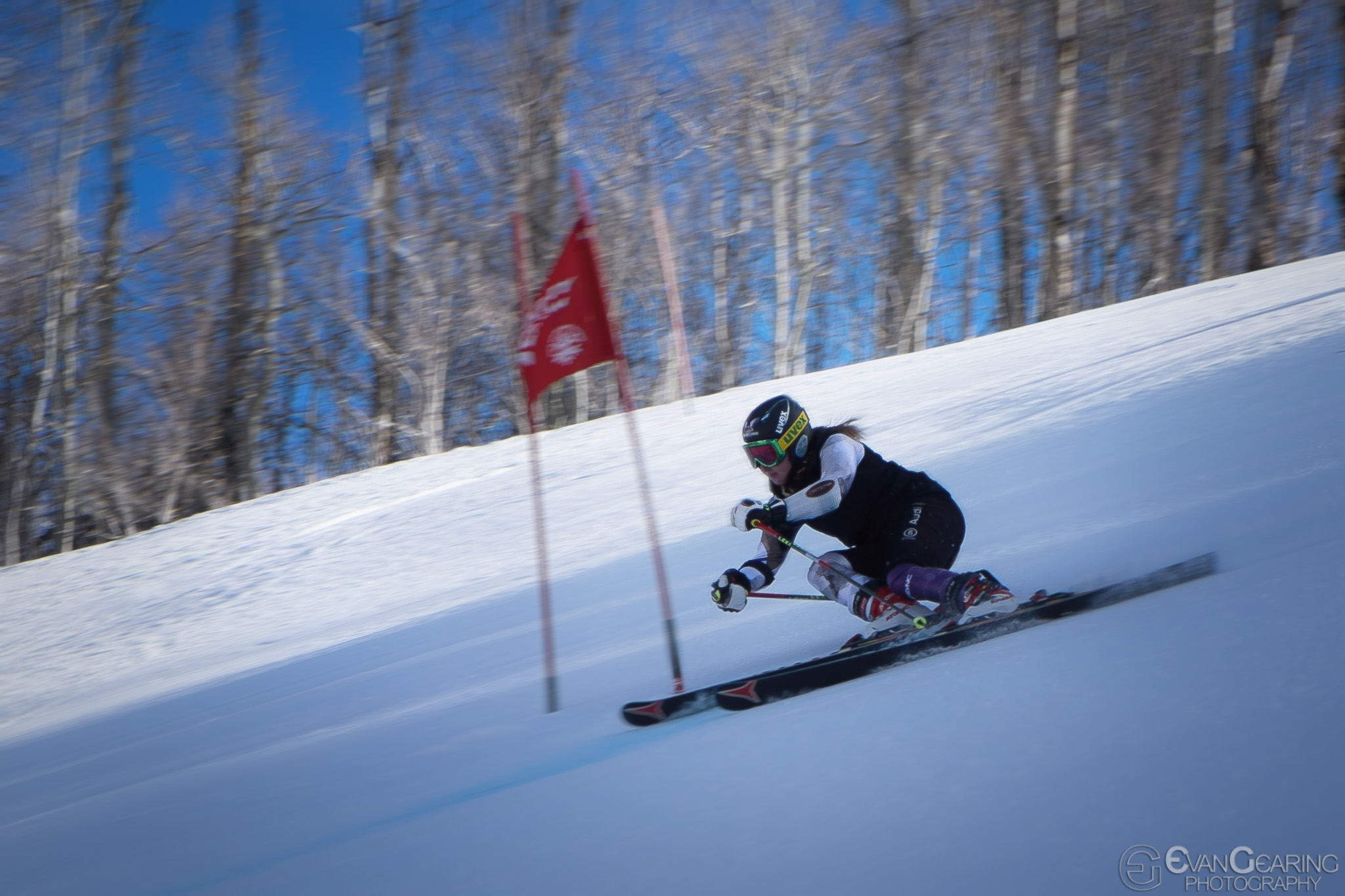To the casual observer, the fluidity with which a top performer adapts to a challenge may be hard to distinguish from the clueless reactions of poor performers. Both seem to be “rolling with the punches.”
As the customer shifts, both the top performer and the clueless performer shift–but in very different, often subtle ways.
The clueless performer simply reacts. The customer does something, the clueless performer reacts and responds. This may provoke other actions from the customer, to which the clueless performer responds. This back and forth process continues until the customer is bored and tells the clueless performer to go away, or the customer finally figures things out for themselves and makes a decision, which the clueless performer has had little influence on.
If lucky, the clueless performer may get an order, but it’s really any person’s guess.
Top performers are different. Yes, like the clueless performer, as the customer shifts in their buying process, they shift–but through skilled adaptation, not clueless reactions. What’s the difference?
Tamara Schenk wrote a brilliant article on Adaptive Competencies, it’s really a must read to understand this concept.
To be skilled in adaptation, one has to first master all the basics. We have to be expert in using our sales process and mastering our sales skills. We must understand the alternatives the customer may consider–our competitors, doing nothing, or doing it themselves. We must be deeply knowledgeable about both our own products and services, but also about our customers’ businesses, strategies, priorities, markets, competition and customers.
These provide a framework or context of what creates success. It provides a framework for the high performer to evaluate the current situation. To assess, what’s driving the customer, what has may have caused them to react a certain way, to have turned left when we expected them to turn right. It’s the ability to assess what’s happening, understand why, and purposefully determine next steps to achieve their goals that drives the skilled adaptation by the top performer.
Without this framework, without being masters in leveraging and executing it, the sales person is clueless in assessing, “How do I adjust my strategies and execute to get the outcomes I want?” It’s the absence of this that causes everyone else to cluelessly react. Rather than driving the situation, they are driven by all the customer, competition, and lack of knowledge.
Skilled adaptation requires more, it requires constant learning, constant refinement of our base models and frameworks. It requires recognizing those things that no longer contribute to success and quickly adding those new things critical to success. Stated differently, it’s the Agility, Jill Konrath refers to in Agile Selling.
And top performers do this constantly, seamlessly, in real time.
Tamara uses the model of a skier in her article, but it’s what we see in any top athlete, artist, and top performer—they make it look so easy, they make it look graceful, fluid, seamless. Yet in reality, they are constantly adapting, shifting and changing. The skier has run the course dozens of times in practice, they run the course dozens of times in their minds, before they even start. They have a line or strategy in mind at the starting gate. Then on the course, the skier is adjusting to a slight change in the snow condition, changes in the condition of the course, wind, light, equipment, what other competitors have done. We don’t see those hundreds of adjustments. We just see a fluid winning performance.
By contrast, we can see the unskilled skier is poorly prepared and has no plan other than “go fast.” They point their skis downhill, flail, struggle around the gates, choose the wrong line, are thrown by ruts, patches of ice, softer snow. They don’t know the fastest course, how to attack the gates. Instead, they react, adjust, react. Each reaction slows them down, costing them time–ultimately causing them to lose and fail.
Skilled adaptation and clueless reaction are very different and produce very different outcomes.

Well said. And if I may suggest one further point to this …
“Skilled adaptation requires more, it requires constant learning, constant refinement of our base models and frameworks.”
It seems that active, engaged listening would be the difference-maker here — at least one of them — between the clueless performer and the top performer. Progressively discovering what the buyer wants and needs, those are the actual snow hills to be navigated deftly.
Again, nice piece. Thanks for sharing.
Absolutely Matthew, thanks!